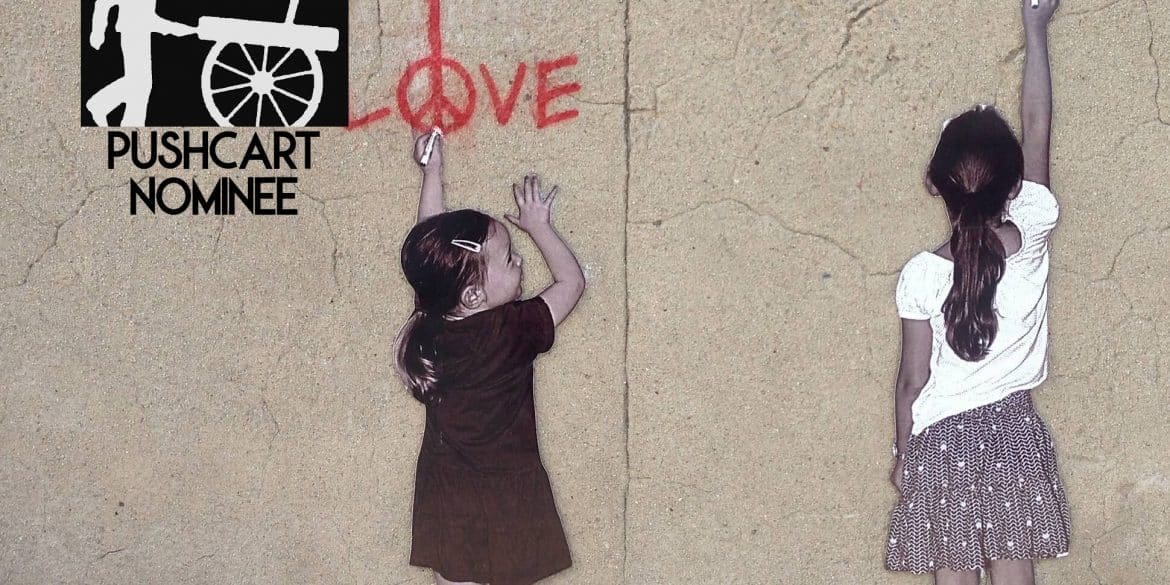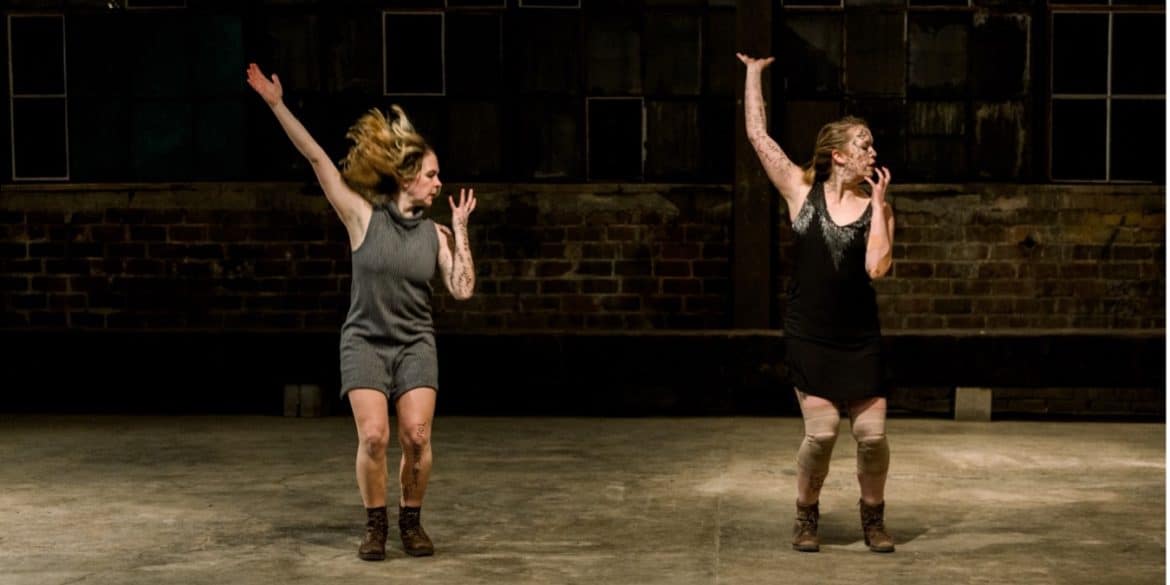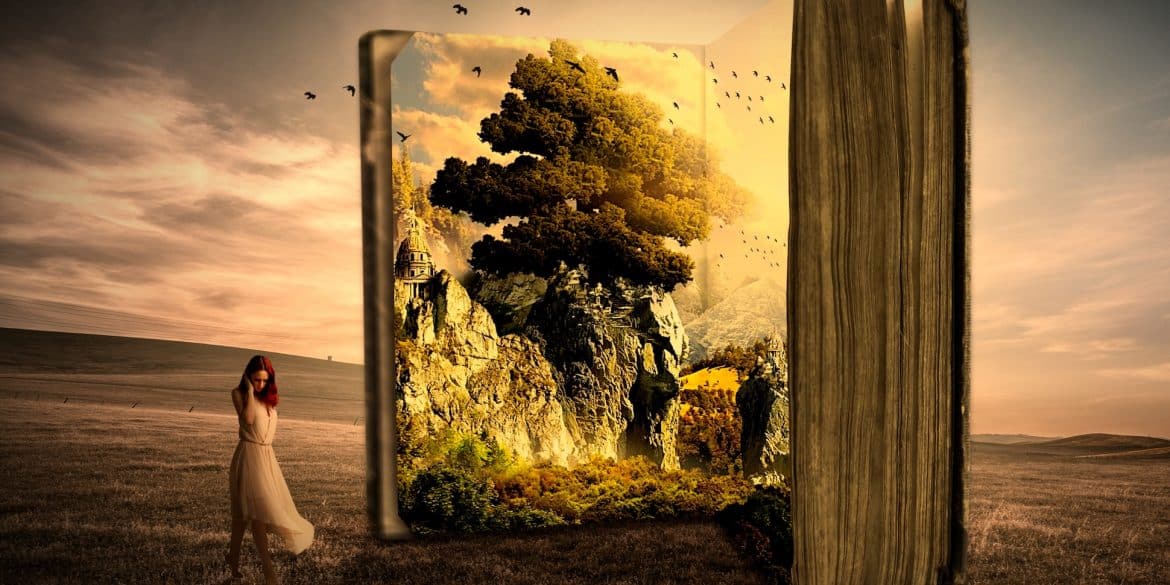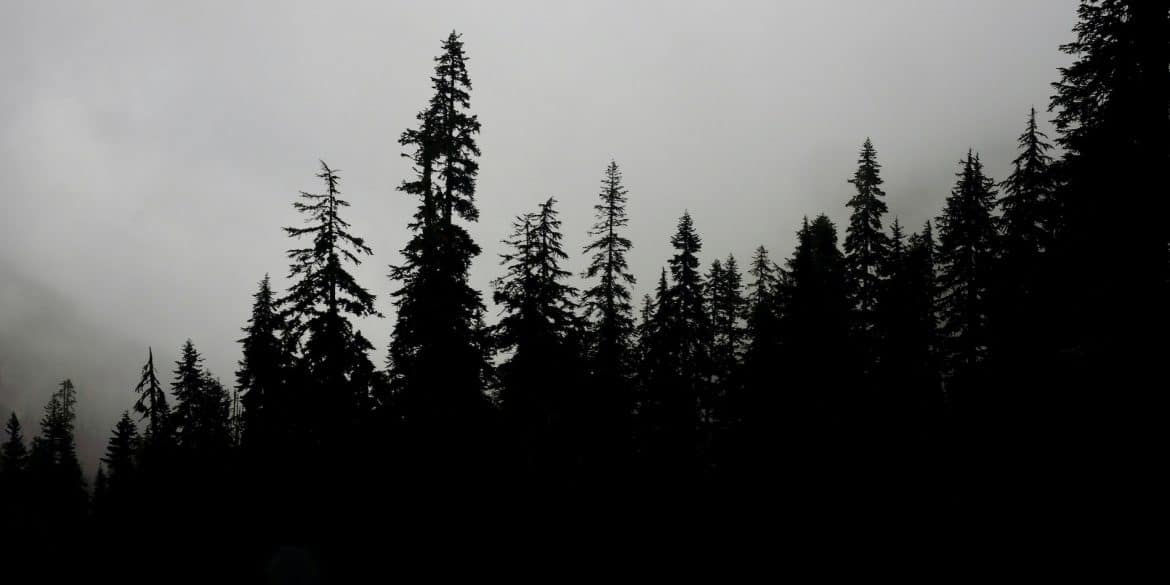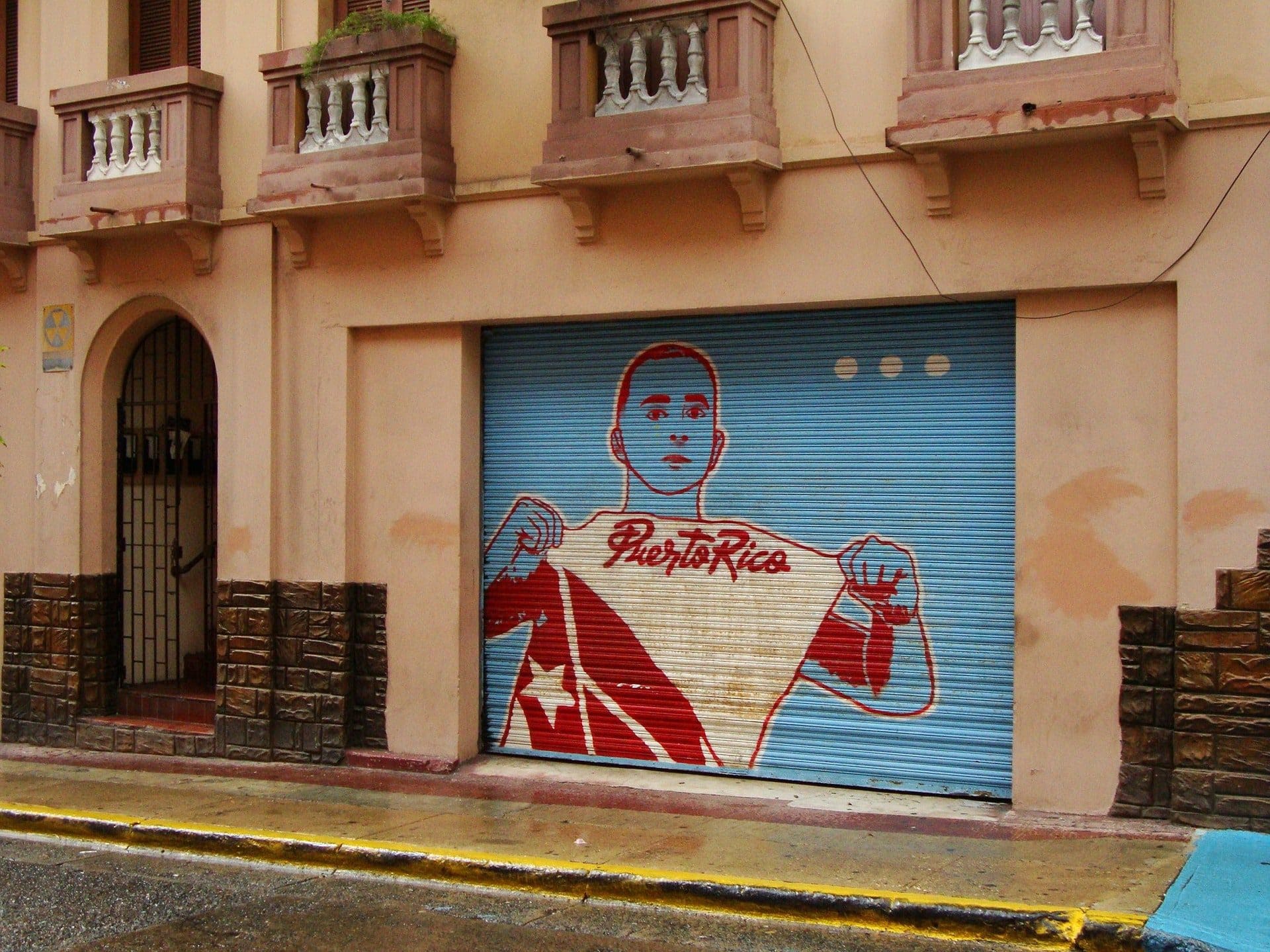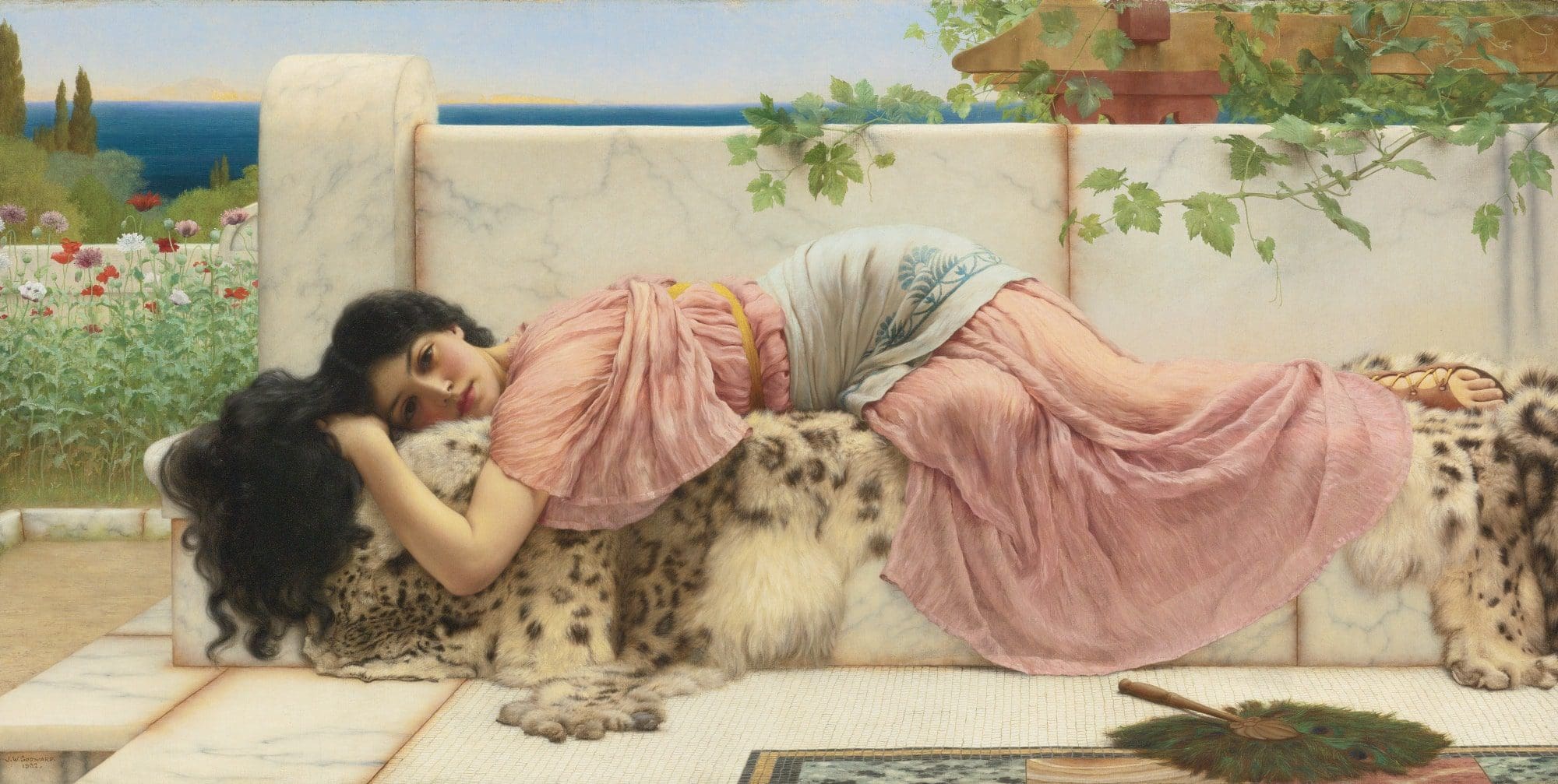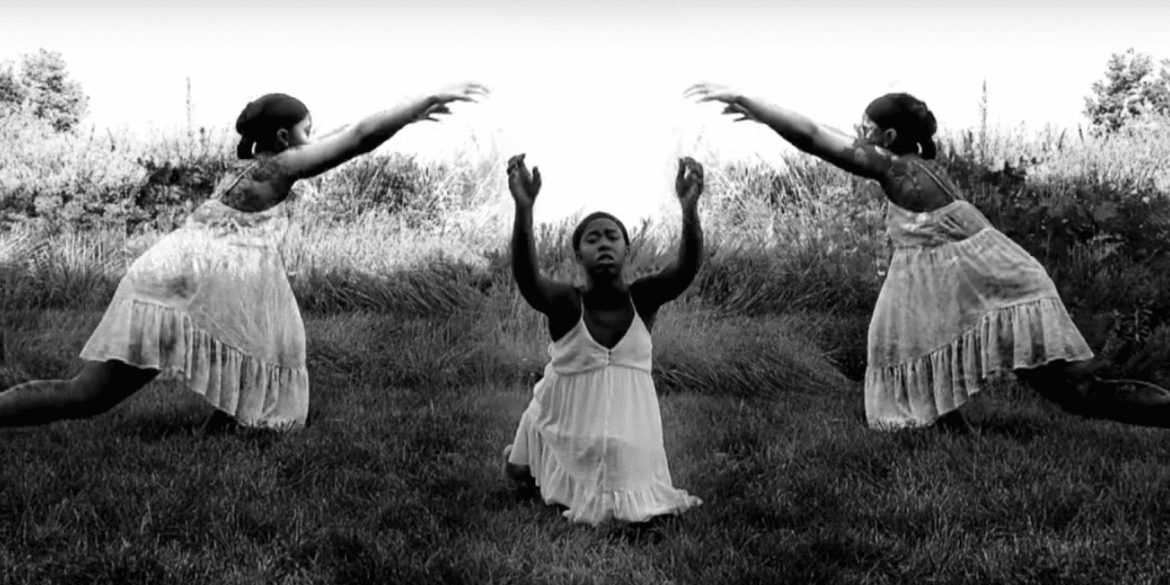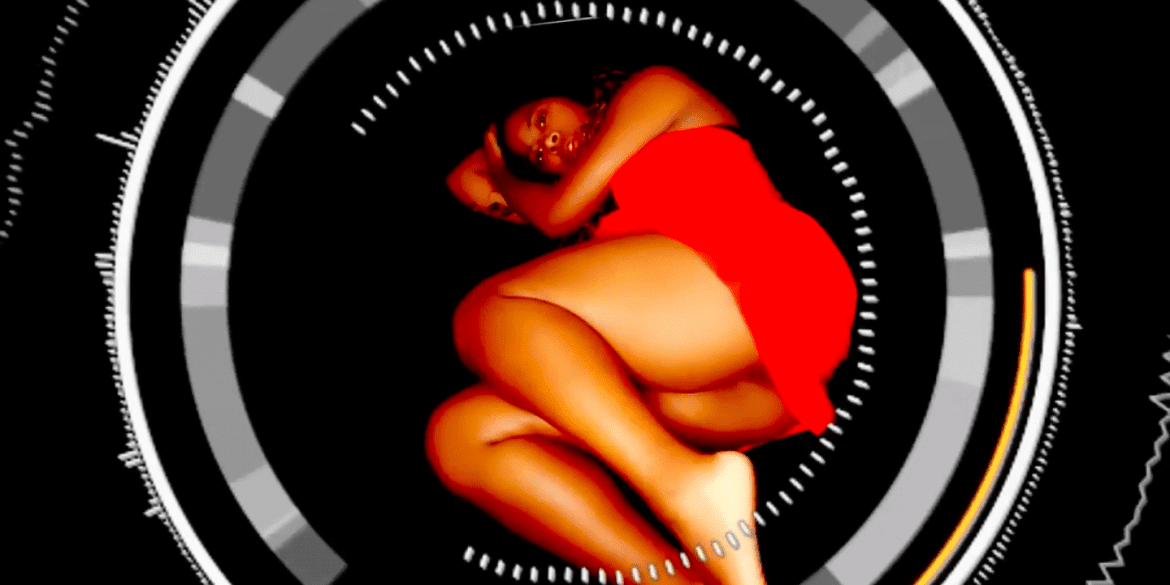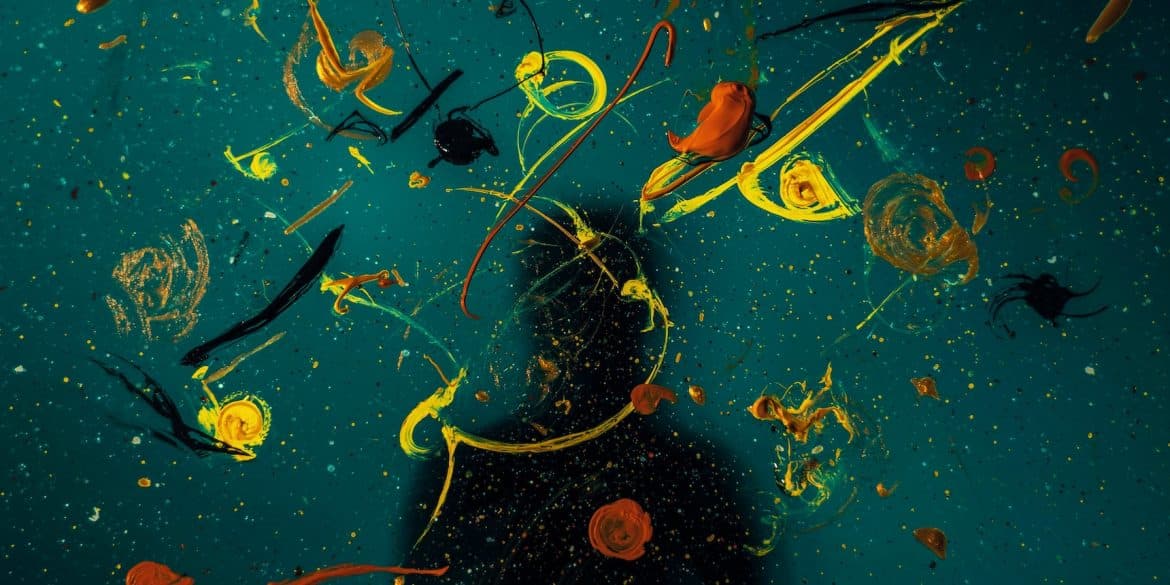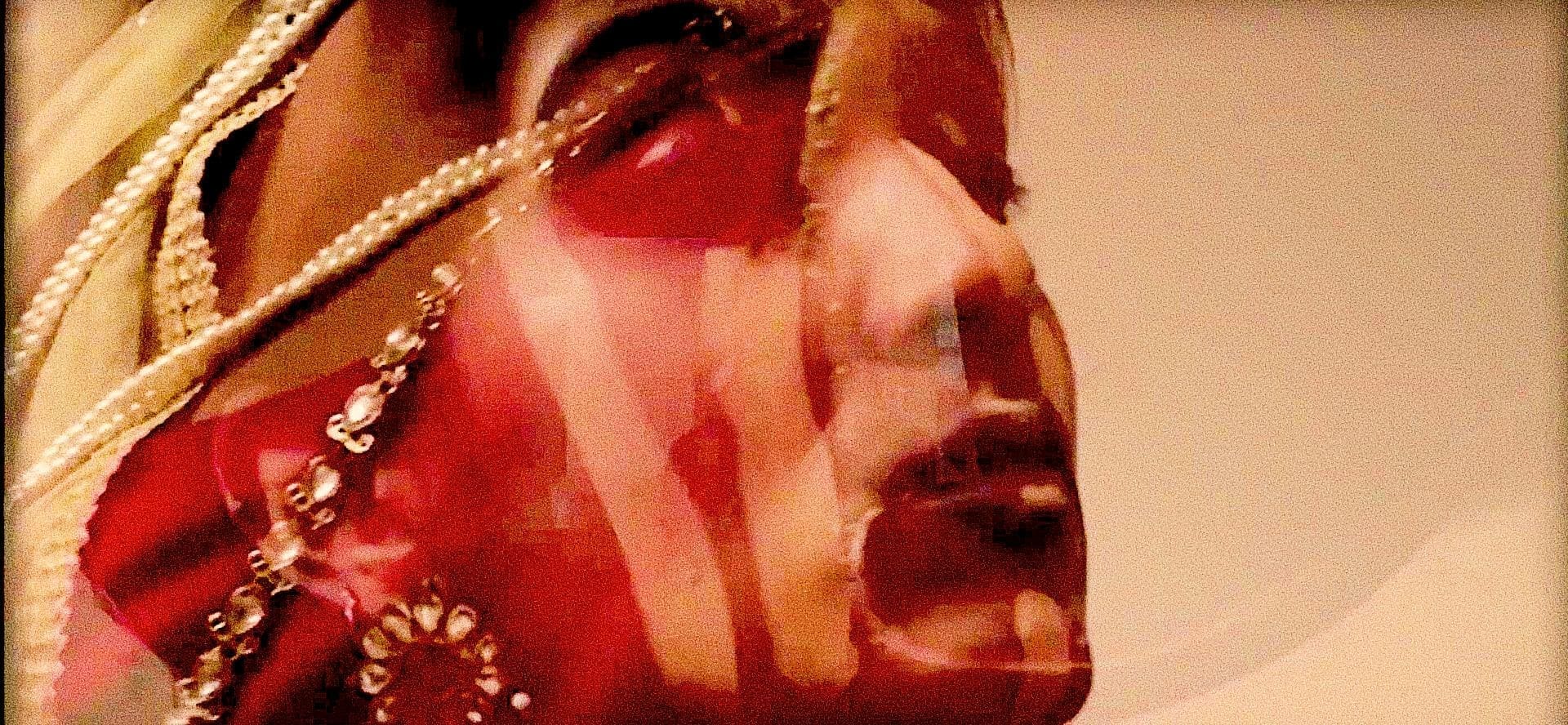"We began this autoethnographic essay thinking about the love the teachers have for their students."
Volume 1, Issue 2, Summer 2021
Diane Riggins·
All ContentAutoethnographic EssaysAutoethnographic WritingReflections on MethodVolume 1, Issue 2 (2021)
··5 min read"My thesis began to unfold after doing some research on my final topic idea about Tolkien’s world, female characters, female gamers, and the stereotype that females are the love interests or damsels in distress. I chose autoethnography because it allowed me to add that personal angle to the paper because I am a female writer, reader, and gamer."
"It is in finding these solutions, the tape and the glue that holds us all together, that we find the beauty of who we are as people."
"She has been so careful at work; she has had all of her shopping delivered for weeks, actually for months, now; she's even wiped down the items with bleach as they are delivered, and still does. How can this have happened?"
"Everybody is a poet in the sense that everyone was/is making do—and making magic—with what they had/have."
"Because I was so immersed in both history, bound in good-smelling leather, no less, and in beautiful and evocative little bottles around me as playthings, I guess it needed no further prompting. It was within my blood before I could think about what I wanted to do with my life!"
"When I return to Sam’s place with the cheesecloth, I smell our “soup” pot. Shit. I envision the blotter headline: ECU Professor busted for marijuana. What a way to make my graduate mentors proud and to show success at this professor business."
"Congratulations to Shanita Mitchell, Editorial Board member of The AutoEthnographer and multimedia artist, for her recognition by the International Association of Autoethnography and Narrative Inquiry (IAANI)."
"Then comes that special brand of rage and dejection that the patriarchy inspires by attempting to steal away with my bodily autonomy."
"Once I have the first line or two, the rest of the poem seems to flow rather easily. I write whatever comes to mind. Somewhat like a story rather than a poem. I then start to take out the excess words and phrases and pare it down to the essence of what I wish to say. Other times I do not change a word. The muses come and go on their own. I also believe poetry has chosen me."
”I share this artistic piece as an invitation to problematise and think further about not only the Autoethnographic “I/We” in what I/we can know about ourselves and our bodies but also to make space for the incoherence that becomes a part of “being” and “knowing” in explorations of fragmentation and loss.”


